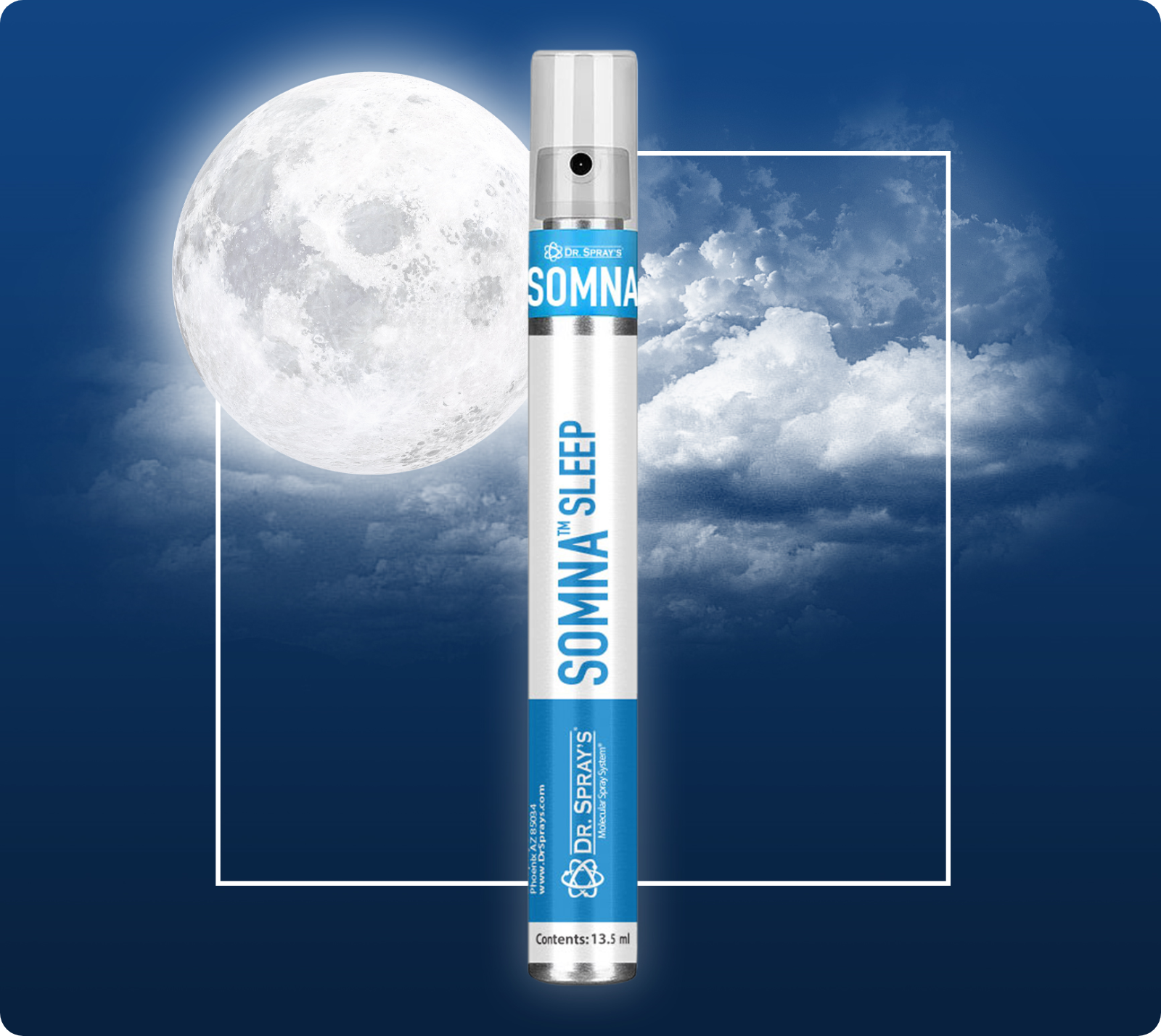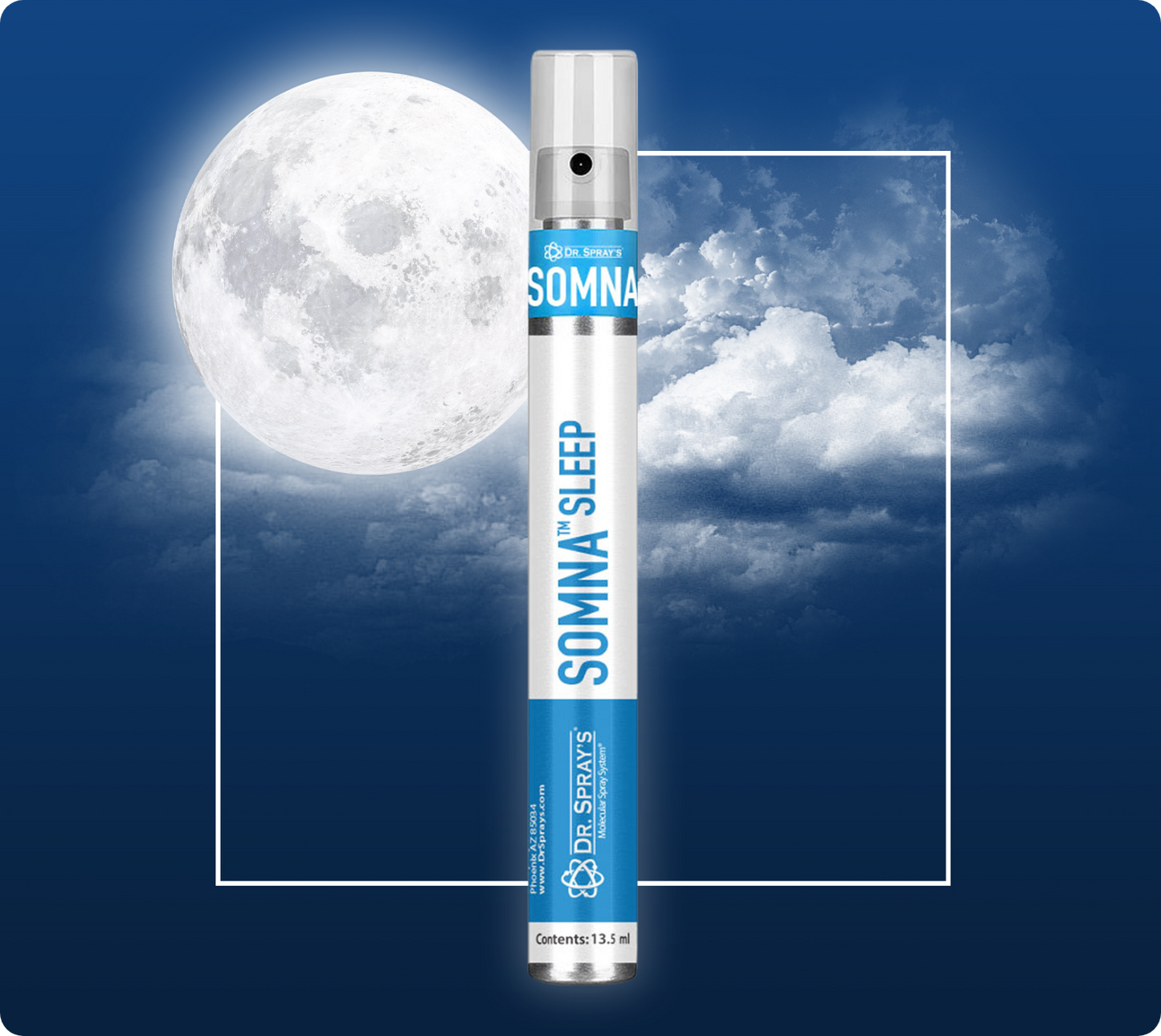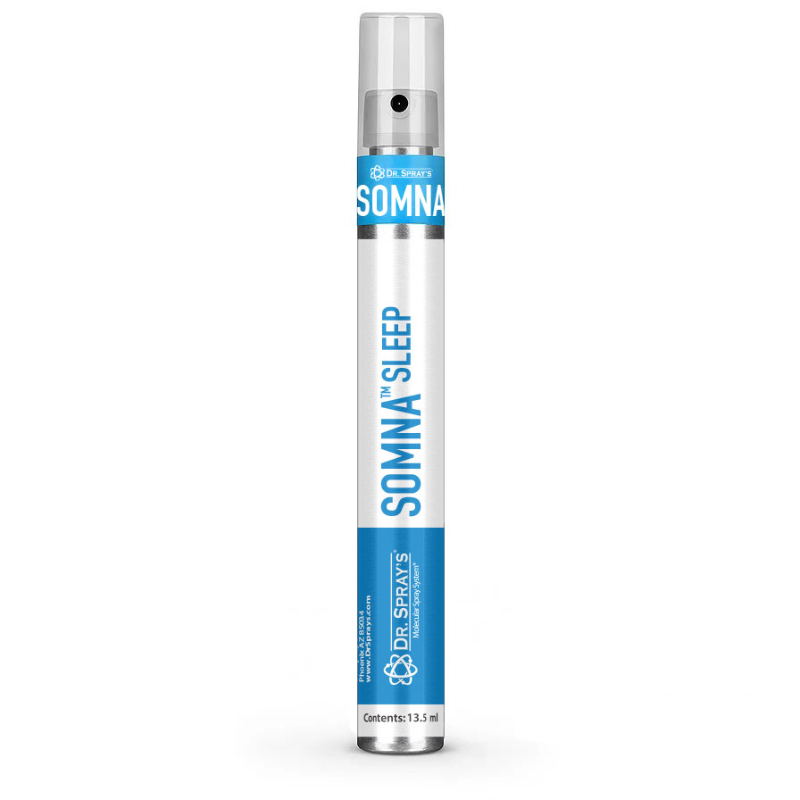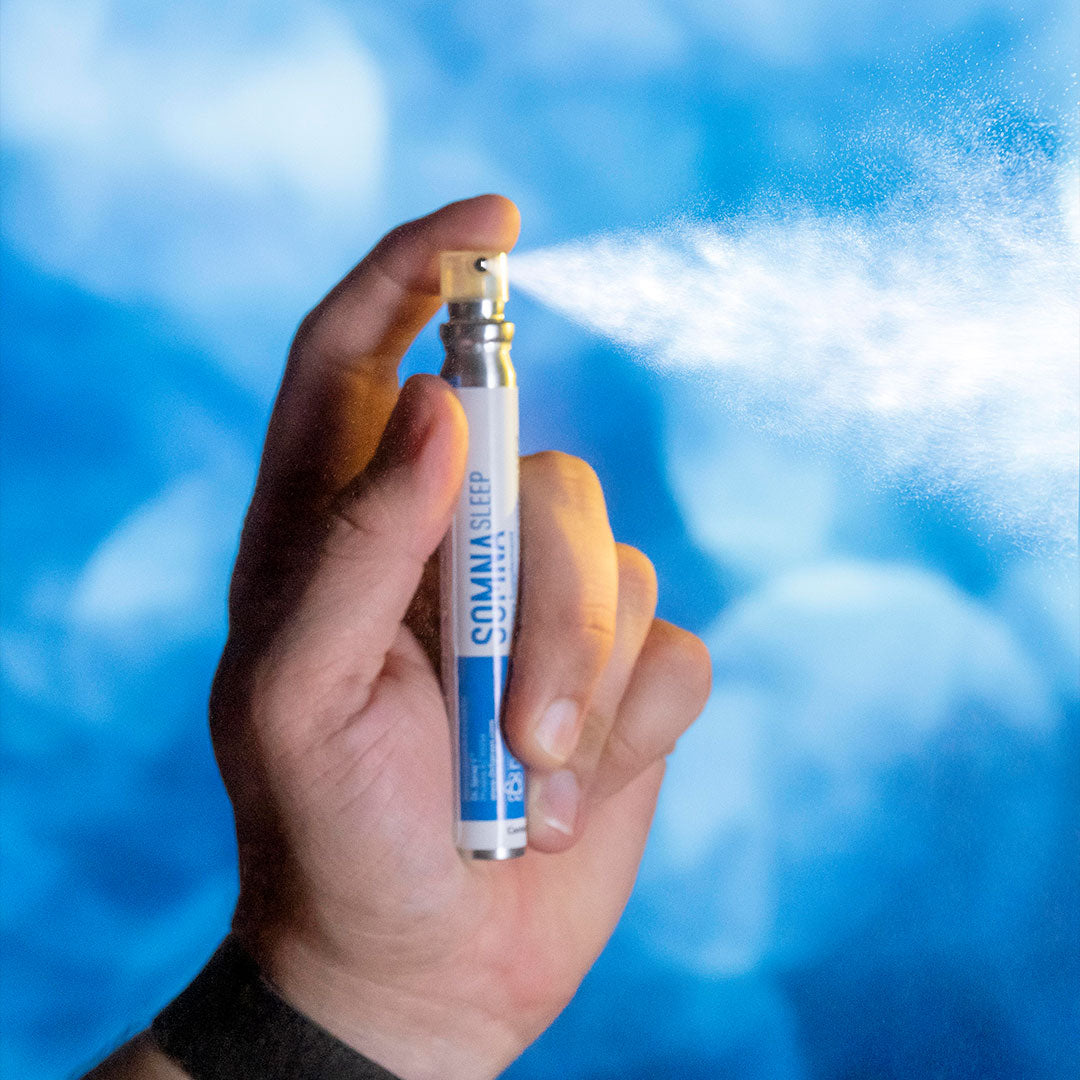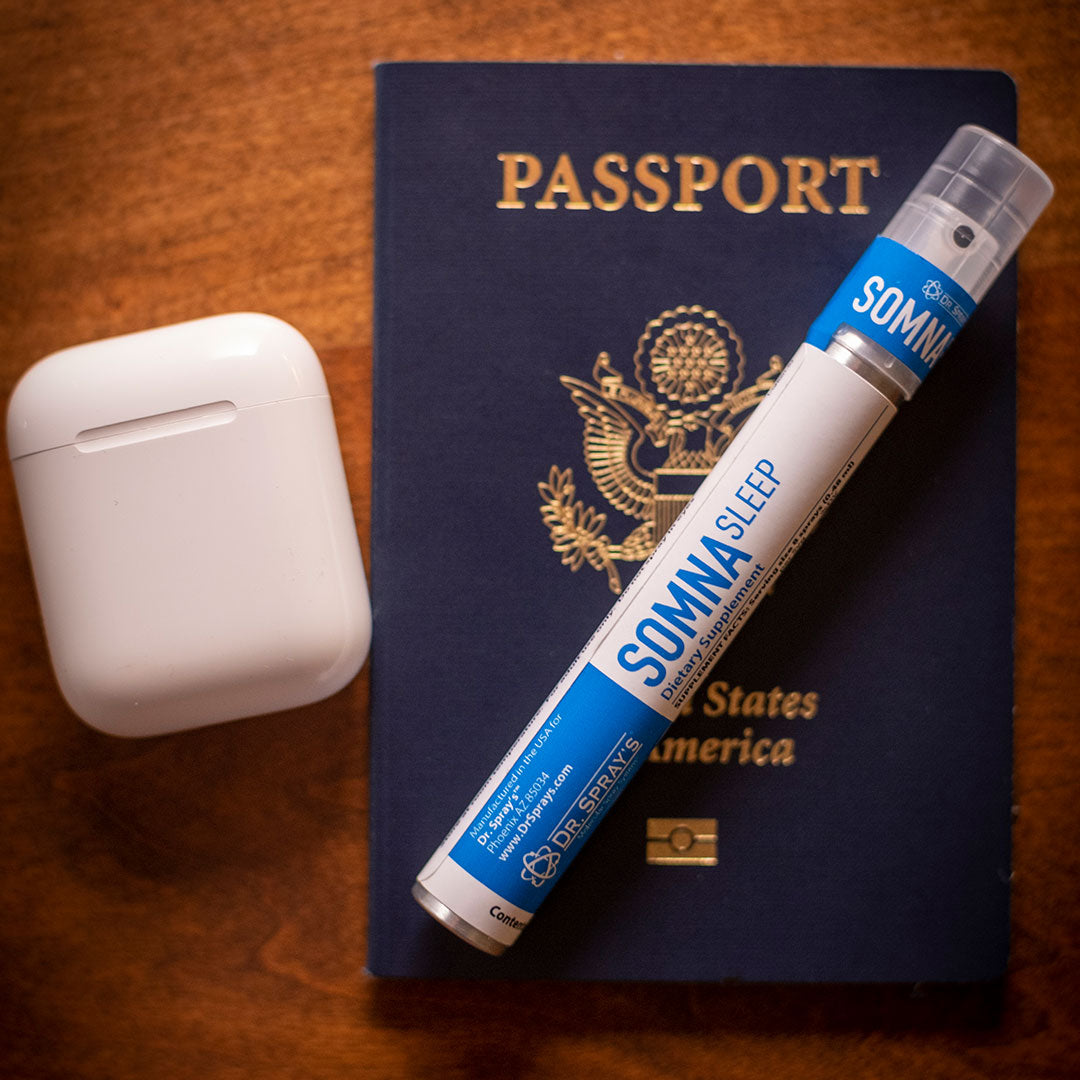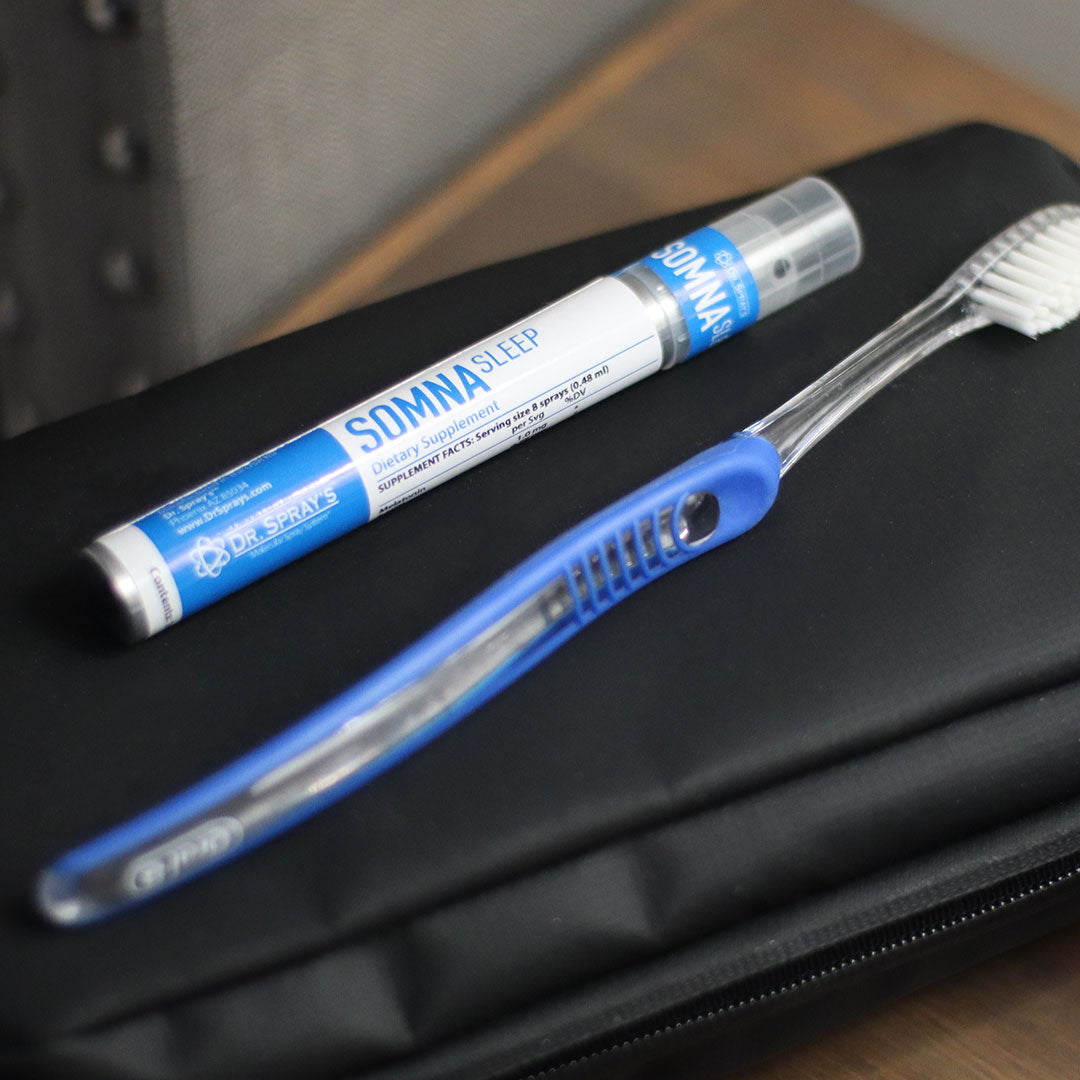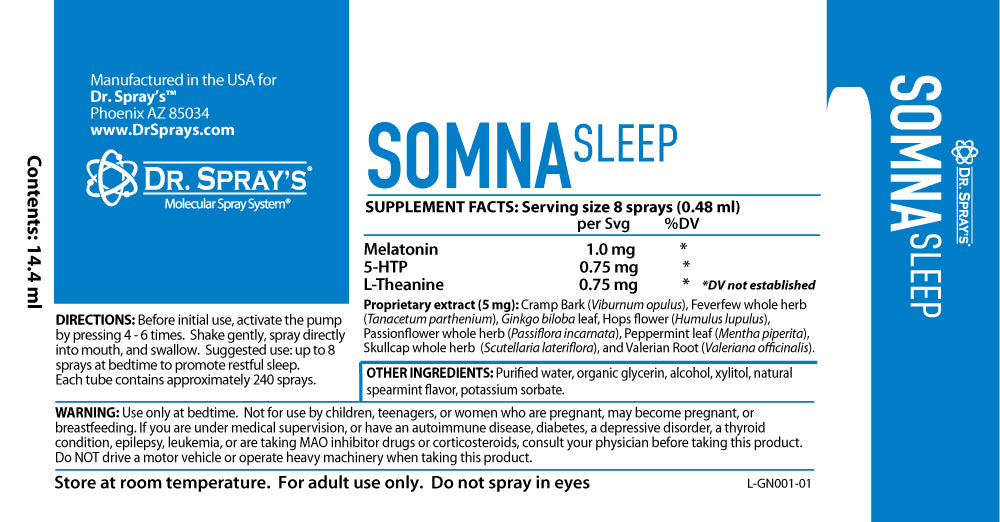Sleep aids are designed to help you fall asleep and stay asleep through the night. They are typically safe when used as directed. However, some people may find that they start to depend on sleep aids to fall asleep. This can lead to feeling like you can't sleep without them, which can be a sign of a sleep aid addiction.
If you find that you are using sleep aids more often than you'd like, or if you feel like you need them to fall asleep, it's important to talk to your doctor. They can help you figure out if you have a problem and how to address it.
According to WebMD, "Kirkland Sleep Aid is an antihistamine that reduces the effects of natural chemical histamine in the body. Histamine can produce symptoms of sneezing, itching, watery eyes, and runny nose."
Sleep aid products that contain antihistamines can be effective at helping people to fall asleep and stay asleep. However, they can also be habit-forming. People who take them may develop a tolerance to the medication, which means that they need to take higher and higher doses to get the same effect. This can lead to dependence or even addiction.
If you're considering taking a sleep aid, it's important to talk to your doctor about the risks and benefits. Don't start taking any medication without first discussing it with your healthcare provider.
While taking Kirkland Sleep Aid as directed is not likely to result in addiction, it is possible to develop a dependency on the drug if it is taken more often than recommended or in higher doses than recommended. If you find that you need to take the sleep aid more and more often in order to get a good night's sleep, or if you find that you are taking higher doses of the medication than recommended, you should talk to your doctor about your concerns.
There are a number of alternative treatments for occasional sleeplessness that are not habit forming, so if you are concerned about becoming addicted to your sleep aid, talk to your doctor about other options.


